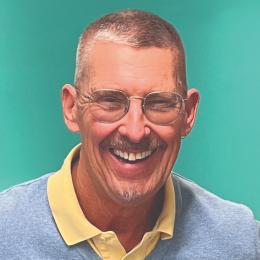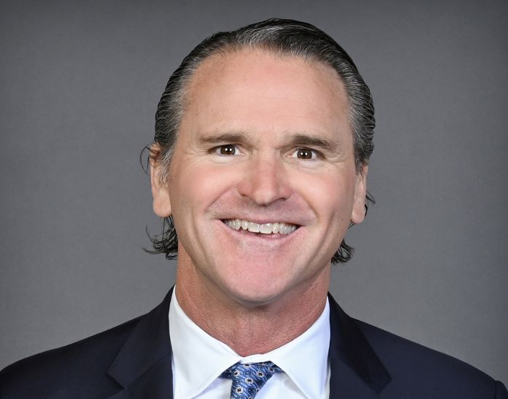5Qs for Jeff Axtell on Vestar’s fast pace in Phoenix
Vestar is one of the largest privately held developers of open-air and lifestyle centers in the Southwest, owning and operating more than 60 properties that range from California to Texas. In the past few years, Arizona has become a Vestar hotspot.
During a time when new retail construction is nearly at a standstill, the company has five new ground-up developments rising in the state. We got on the phone with Vestar executive VP Jeff Axtell to learn more.
Jeff, Vestar started focusing on the Phoenix metro two years ago and has been moving at a maddening pace. What do you find so attractive about it?
In the past 10 years, over one million people have moved to the Phoenix metro area and no new shopping centers have been built. Retailers are focused on opening the new stores to service the population. The population is expanding and every city we've dealt with has been extremely business friendly. New residents are coming to their towns, and they don't want to drive 30 miles to go shopping.
New retail construction’s been laggard for the past couple of years. Are you doing any ground-up construction?
We have three projects under construction in Arizona on what not long ago was farmland. There’s the 250,000-sq.-ft. Vineyard Town Center in Queen Creek to which Sprouts and Target have committed. Also in Queen Creek we’re building Queen Creek Crossing where we’ll have Costco, Ashley, and Hobby Lobby. The third project is in Peoria, where we’re adding an additional 75,000 sq. ft. to Lake Pleasant Town Center.
Is labor more readily available in Phoenix than in other markets around the country?
Actually, getting the labor there is a challenge and costs are high. There’s so much other construction going on. Computer chip manufacturers and electric car makers have put in more than $25 billion of investment. And, with the population growing, there’s all the residential construction. Over a million people have moved into the metro over the past 10 years. We hold our projects for the long term, and they have to be win-wins for both tenant and developer. Retailers have started understanding that they’re going to have to pay higher rents. If they’ve promised Wall Street they’re going to open 100 stores, Wall Street is looking for them to do it.
The outlook for physical retail was presented as dim during the first year of the pandemic. But today, strong retail brands are battling for prime space. What’s your current assessment of the COVID affect?
There’s two things. Vestar has always been in open-air centers and COVID validated that open-air centers are where people want to be. They want to be outdoors for interaction with other people and experiences and events.
Secondarily, the pandemic reinforced for retailers that online alone or physical alone doesn’t work. Success comes through a symbiotic relationship between one and the other. Retailers have told us that when they opened a store in one of our centers, the online sales around that store increased. When they closed stores, online sales decreased.
Tough to do valuable social events online also, yes?
Events are crucial. We have 20 people in our marketing department that put them together. Last year we held events that drew two million people. At The Gateway in Salt Lake City, we held a big event with Kanye West that drew 20,000. People come to hang out and spend their time and money. We worked hard with municipalities to create sip-and-stroll programs. We build partnerships around events and do coupon and redemption programs. We’re not creating a shopping center, we’re creating a social interaction place.



